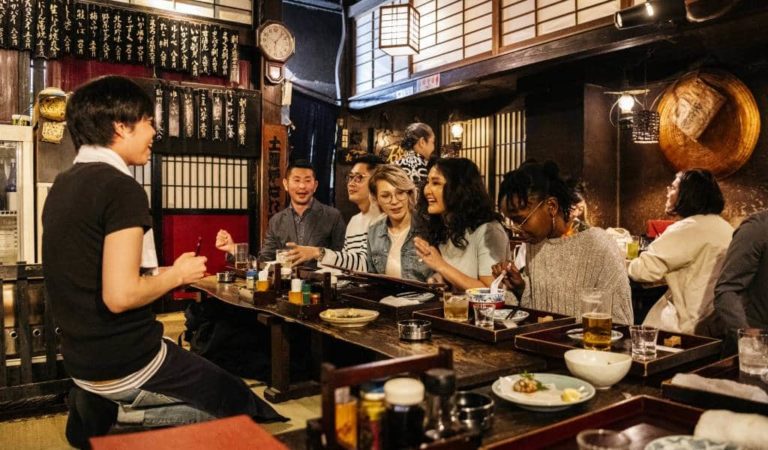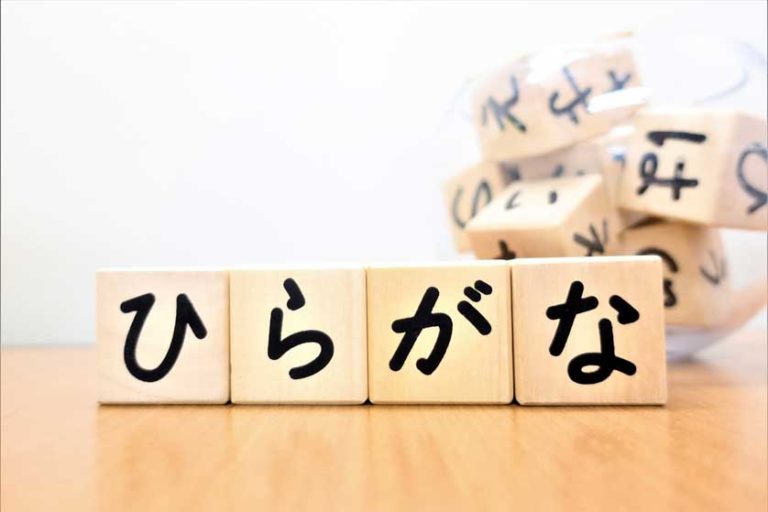Many foreigners who are interested in the country of Japan are also interested in the Japanese language.
If you can understand Japanese, you can easily communicate with Japanese people and learn more about Japan.
Among the many Japanese words, there are many that are interesting to foreigners.
Senpai” is one such Japanese word.

Click here to learn Japanese language with the best one-on-one Japanese tutoring lessons in online.
In this article, I would like to explain the meaning and usage of “Senpai” in Japanese.
Contents
Meaning differs between English-speaking countries and Japan.
In English-speaking countries, there is a net meme (culture that spreads through the Internet) called “Senpai.
However, did you know that the meaning of “Senpai” is different from that of the Japanese word “Senpai”?
Senpai” spread in English-speaking countries means “a person who does not notice your feelings of liking.
Japanese people may laugh at the difference in meaning.
Senpai” as used overseas is strongly influenced by Japanese anime.
In Japanese anime, there are many bishojo characters, and it is not uncommon for them to be younger than their age.
There is a high probability that the older male characters that these bishojo characters have feelings for will also appear.
The male characters are often insensitive and do not notice that the younger bishojo has feelings for them, but since the bishojo character calls the male character “Senpai,” it has come to be taken to mean “someone who does not notice that you like them.
If you try searching for “Senpai” on English-speaking search sites, you will find quite a few illustrations of younger bishojo characters.
Therefore, people in English-speaking countries have learned the meaning of “senpai” differently from the original Japanese word “senpai” (senpai).

Meaning of “Senpai” in Japan
Let us explain what senpai actually means in Japan.
Senpai” refers to those who joined a community, such as a school or company, before others.
Those who join later are called kouhai (juniors).
Age does not matter at all, so even if the person you are talking to is older than you, if he or she joined the community later, he or she is a junior, and therefore, in terms of position, he or she is lower than you.
Juniors must respect their seniors and follow their instructions.
In Japan, there is a “culture of respect for older people,” but this “senior/junior culture” also remains strong and will continue to remain in the future.
If you judge a person’s position based on his/her age, it is simple if you know the other person’s age, but in the “senior/junior” system, both parties need to confirm the date they joined the community.
In fact, there have been many cases in Japan where people have used tame-speak because they thought the person was older than them and the date they joined the community was old, but when they asked the date they joined the community, they found out that the person was their senior.
This can lead to a delicate relationship between the two parties, as they have to change to junior characters from that day on, even though they had been using tame-speak until then.

Senpai” has two images
Senpai” in Japan has two images.
The first is a scary image.
In Japan, there is a long-established custom of “doing whatever senpai say is absolute.
What senpai at school, in club activities, or at work was absolute, and it was unforgivable to disobey them.
Although this custom is not so strong today, many people still get nervous in front of their senpai, and in fact, there are many people who “act like senpai” (people who behave in an arrogant manner).
The second image is “kind and cool.
Many senpai are kind and cool, and will casually follow up with you when you have a problem, or offer advice when you are having trouble.
There are actually many people who meet such wonderful senpai and fall in love with them, and some couples say that they got married in the future after dating their senpai.
In life, the environment changes at every milestone, doesn’t it?
These include entering high school, entering university, joining club activities, working part-time, getting a job at a company, changing jobs, etc. When you find yourself in such a new environment, you may find that you have to change your life.
When you find yourself in a new environment, you may have “good seniors” or “bad seniors.
If you are in an environment with good seniors, you can spend a fulfilling time and receive positive influences from them.
However, if you are in an environment with bad seniors, you will be under a lot of stress and have a low level of happiness every day.
That is how much influence a senior can have on a person.
If you are a freelancer or you are the head (or near the head) of an organization, you will not have seniors, but in many communities, seniors will be present.

Conclusion
In this article, we have explained the meaning and usage of senpai in Japanese.
Senpai” in English-speaking countries means “someone who is unaware of your feelings of liking”, but in Japan, senpai is actually “someone who joined a community such as a school or company before you did”.
If you stay in Japan for study or work, even for a few years, you will most likely have senpai in most cases.
By all means, please use honorifics for senpai.
Related posts










